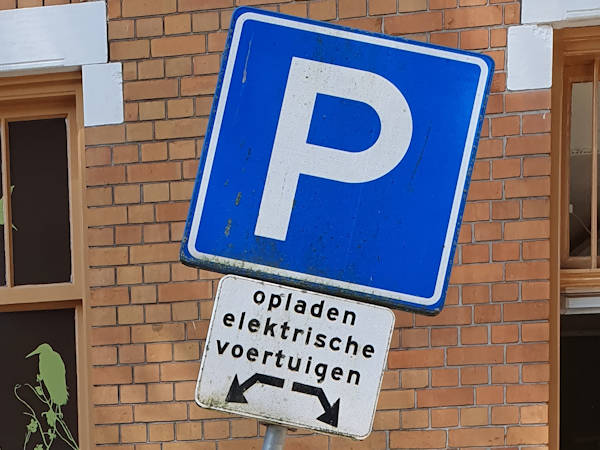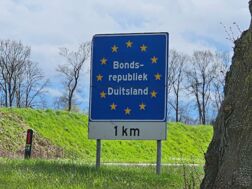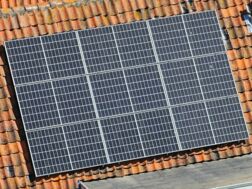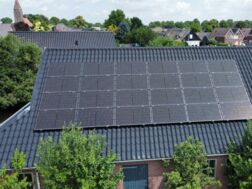The Netherlands has reached a significant milestone in the transition to electric transport, with now more than 500,000 charging points spread across the country, according to a report by the Nationale Agenda Laadinfrastructuur (NAL). The report recently presented to the House of Representatives (Tweede Kamer) includes private, semi-public and fast charging points.
The NAL is tasked with creating sufficient charging infrastructure to facilitate a rapid transition to electric transport. According to the NAL, setting up an electric vehicle is as simple, intelligent and available everywhere as charging a mobile phone.
Gerben-Jan Gerbrandy, president of the NAL, said the Netherlands is well on its way and among the European leaders regarding charging infrastructure. However, there are still challenges to overcome, such as the growth of electric transport hampering the construction of charging infrastructure due to grid congestion, especially in the roll-out of fast chargers and charging options for heavy transport.
By the end of April 2023, there were 518,000 charging points in the Netherlands, including an estimated 384,200 private charging points. The ratio of public to private charging points varies greatly by region, depending on the availability of private driveways or parking spaces at residents' premises.
The number of battery-electric cars in the Netherlands has increased significantly in recent years, and the (semi-)public charging infrastructure has experienced similar growth. The number of electric vehicles per (semi-)public charging point has hovered just above four vehicles per charging point in recent years. When private charging points are included, the number of electric vehicles per charging point is stable: 1.2 vehicles per charging point.
The pace of installing charge points had increased significantly in recent years, from an average of around 400 charge points per month before the NAL started in 2019 to currently more than 1,000 public charge points per month.
The NAL has indicated that issues still need to be addressed despite the progress. The energy crisis has led to wildly fluctuating prices for charging electric vehicles, making electric driving less economically attractive than fuel-powered cars.
Gerbrandy, the chairman of NAL, argued that without measures that make electric cars more financially attractive relative to fossil-fuel cars, the government's climate goals could be jeopardised. "The energy crisis has made charging a car sometimes two to three times more expensive," he said. "The removal of tax incentives after 2025 and higher motor vehicle taxes due to the higher weight of electric cars will further exacerbate this effect."
In addition to the previously mentioned grid congestion, the current high acquisition costs of electric equipment, long delivery times for electric trucks, and the installation of sufficient charging infrastructure for heavy transport are points of concern.
The organisation is working on solutions to further ease the transition for entrepreneurs to electric driving, with help from the state. Despite these challenges, the number of charging points continues to grow steadily, and the Netherlands remains at the forefront of Europe regarding the roll-out of charging infrastructure.





